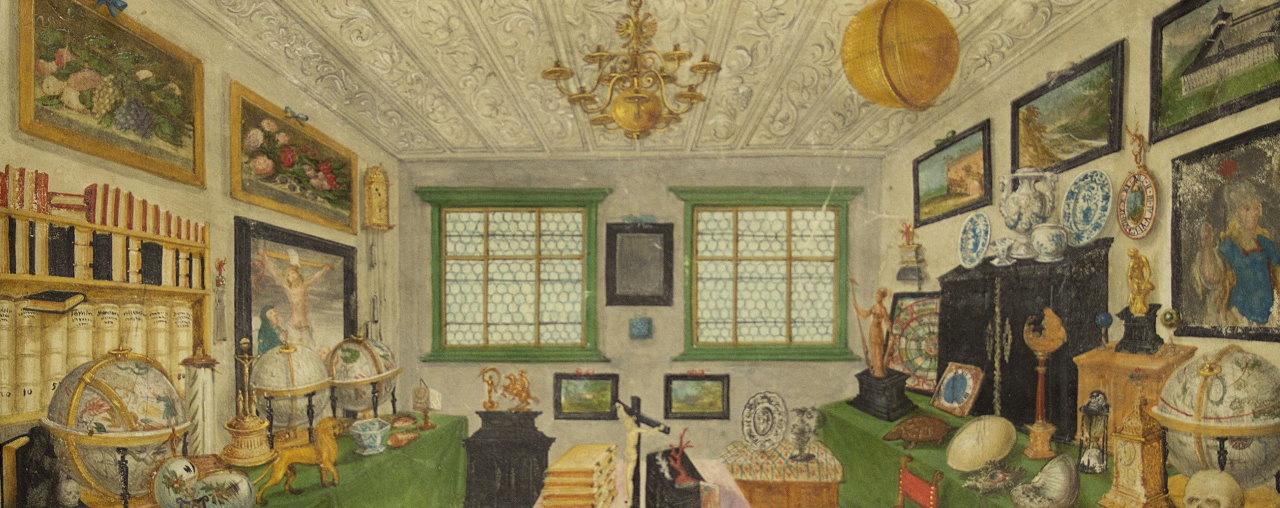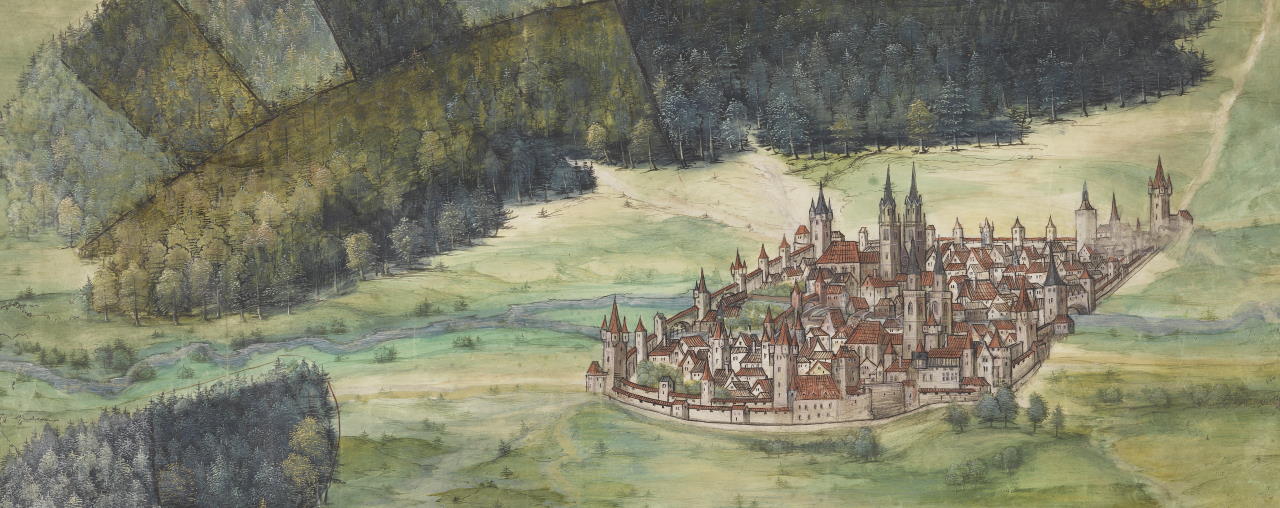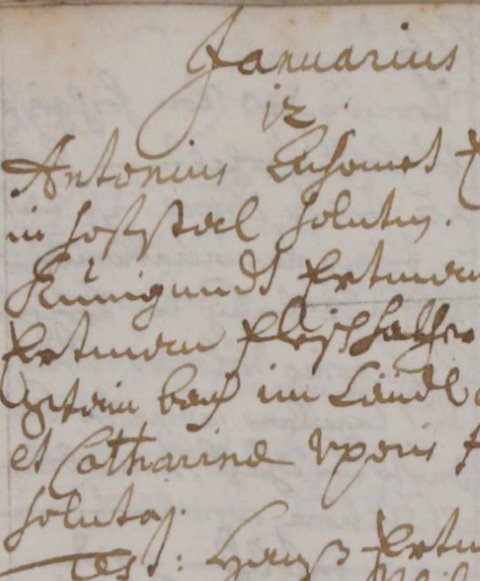The Project
German History Intersections is a source-based digital project that examines three broad topics – migration, knowledge and education, and Germanness – from 1500 to the present. By charting these topics across centuries, the project offers an alternative to traditional histories that focus on discrete historical periods.
The Topics

Migration
Drawing on the personal stories of individuals and the collective experiences of migrant groups, this module examines the movement of people across and within the shifting borders of Central Europe from the Early Modern period to the present.
Knowledge and Education
Education, ideas, and the history of knowledge are the focus of this module, which explores the construction, negotiation, circulation, and organization of various types of “expert” and popular knowledge in Germany over five centuries, from the Reformation to the Digital Age.
Germanness
This module describes the complex and ever-changing meaning of Germanness from the Holy Roman Empire to present-day Europe. One central theme is the intersection of Germanness with other markers of identity, such as gender, ethnicity, religion, and social class.I chose this baptismal record because it shows the way that different affiliations and allegiances intersected and played out in the life of an individual. This source documents the conversion of a young girl named Escha [Ayşe] who was baptized in Munich on November 16, 1688. The responsible Jesuit priest noted that she was from Belgrade, had Turkish or Muslim parents, and had come to Munich as a prisoner of war. During the war between the Ottoman Empire and the Habsburg Empire (and its allies), men, women and children were captured and taken as prisoners of war to foreign regions. This record attests to the various relationships of dependency that shaped the lives and upbringings of children like Ayşe. It also points to the roles played by national origin and (religious) affiliation, and by the possibility of inclusion in the local Catholic community by means of conversion and baptism. Unfortunately, we know nothing about Ayşe’s later life. Often, baptismal, marriage, and death records are the only information we have about people who left no other archival traces.
Eva Lehner, University of Bonn, member of the “Germanness” working group
